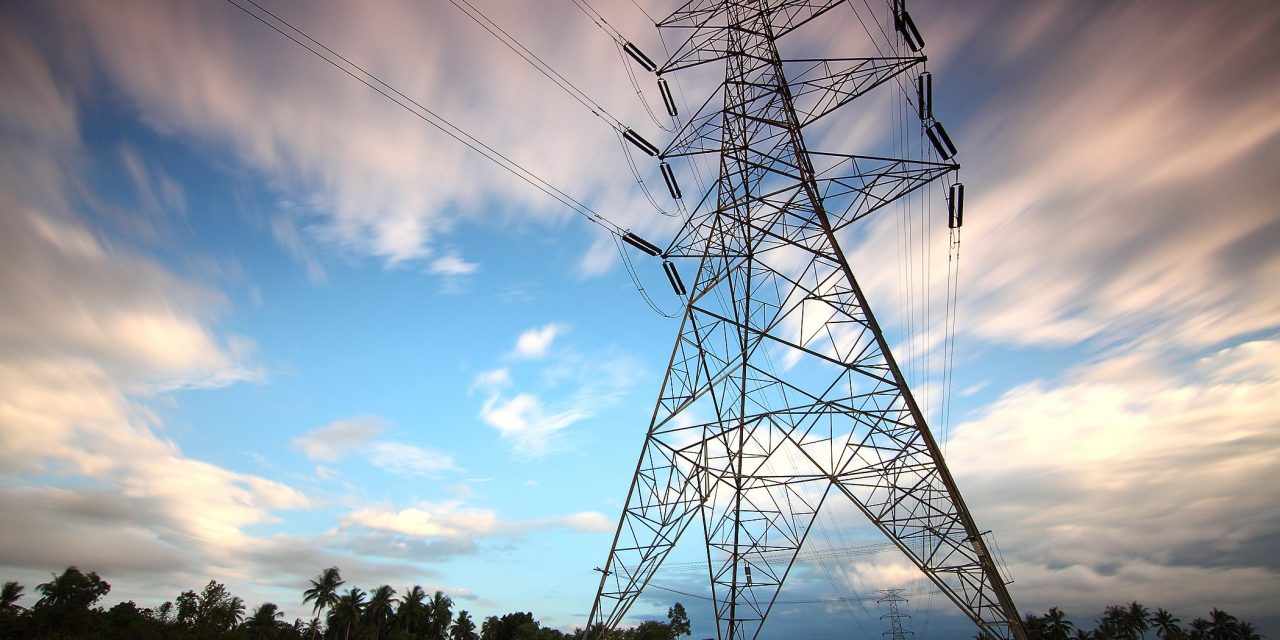Guest Commentary by Ron Boyer
Aesop vividly illustrated the foolishness of killing the goose that lays golden eggs. Some of us feel we are observing the modern-day version of that fable when it comes to the Green New Deal (GND). The GND proposes to decommission all U.S. nuclear power plants within ten years. In 2018 nuclear power generation accounted for 19.3 percent of our nation’s electricity.
To further confound matters, the GND calls for the elimination of fossil fuels for both power production and transportation in order to combat climate change. Ironically, nuclear power plants produce no greenhouse gases—none, nada, zilch. Additionally, they emit none of the traditional air pollutants, and the trace amounts of radioactive emissions are less than those emitted by coal-fired power plants. As an environmentalist with a lifelong career in air quality control, that sure sounds like a golden egg to me.
It appears the GND backers are putting all of their eggs in just two baskets, solar and wind. Both are intermittent power sources. Solar contributed only 2.3 percent of U.S power in 2018. Wind contributed 6.6 percent, but presents its own unique problem for rural Missouri. The east coast will soon face a huge energy deficit, but the major wind sources are west of Missouri. Many major transmission lines will be required to move the wind power to the users. The battles over the use of eminent domain to construct those power lines across Missouri have already begun.
Any discussion about the future of nuclear power generation leads to the topic of disposal of high-level radioactive waste. A permanent waste depository has been partially constructed in Yucca Mountain, Nevada. However, funding for the Yucca Mountain project was blocked by the Obama Administration in 2012. Former Nevada Senator Harry Reid led the fight that doomed the project.
Missouri has one nuclear power plant located in Callaway County. For 35 years it has provided power for 800,000 households, or 9.7 percent of Missouri’s power production. Ameren, owner of the facility, considered building a second unit at the same site, but Missouri’s “Construction Work in Progress” law prohibiting cost recovery during construction has been blamed for sinking the proposed project. The Missouri Legislature should reexamine that statute.
I believe Missouri Farm Bureau policy on nuclear energy is squarely on target. It calls for expansion of nuclear energy, advanced research on waste disposal and legislative action to allow cost recovery during construction of new power plants.
Electric vehicles, robots, crypto-currency mining and electric gizmos yet to be invented will continue to intensify energy demands. Nuclear power has to be part of the answer. Fortunately, signs of renewed interest in nuclear energy seem to be emerging.
The United States Senate and House both introduced pro-nuclear legislation this summer. The legislation is known as the Nuclear Energy Leadership Act (NELA). Let’s hope it jump-starts a more serious discussion about the use of nuclear technology to help shape a strong and prosperous future for our great nation.


